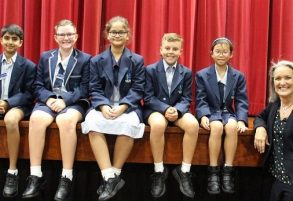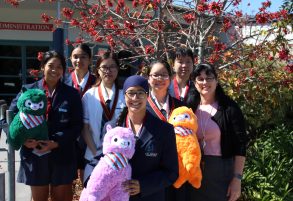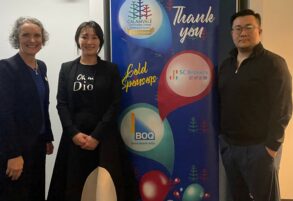Global Education
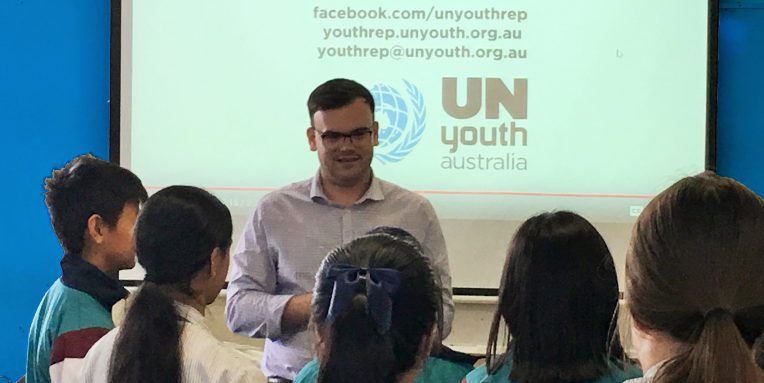
Today’s generation is living in a world that is more connected, more dynamic and able to access more knowledge than any other point in time. Our students are aware of this globalised world and the interconnections that exist; however, it is our responsibility as educators to ensure they receive a global education, one where students adopt an international perspective on contemporary events and issues. UNESCO defines a global education as one which:
• enables people to understand the links between their own lives and those of people throughout the world
• increases understanding of the economic, cultural, political and environmental influences which shape our lives
• develops the skills, attitudes and values which enable people to work together to bring about change and take control of their own lives
• works towards achieving a more just and sustainable world in which power and resources are more equitably shared1.
The overarching philosophy of the International Baccalaureate – as represented by the outside circle of the programme model – is that of international mindedness. This ethos is all encompassing and embedded in all aspects of the curriculum, the core and the Learner Profile.
Our students are frequently exposed to different viewpoints, texts, value systems, and influences that allow for a deep understanding of issues from a global lens in whatever topic of study.
Teaching through global case studies allows us to foster thoughtful, skilled and empathetic citizens of the world. Our students are encouraged to think laterally and work
collabo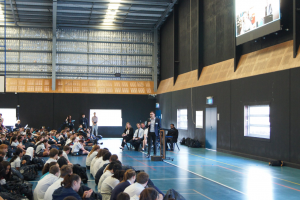 ratively to approach real-world issues with close consideration and confidence.
ratively to approach real-world issues with close consideration and confidence.
For example, in the “Global Collaborative Classrooms” project, students in junior secondary engage with students in Korea and Taiwan to discuss Australia’s influence on the Korean War and code and program Pepper the Robot collaboratively.
Our students have also broadened their international sensitivity by listening to an American journalist, in a Brisbane school, talking about the influence of the Lockerbie plane disaster in Scotland and the ramifications for media literacy when analysing global current affairs.
Students are also provided with the opportunity to learn from field professionals working in other countries – IB students are enhancing their academic writing and research skills by connecting with professionals via live conferencing in France and the US in fields of interest, such as medicine and science.
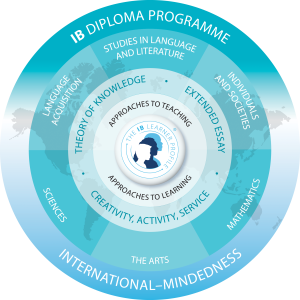
The College believes that through a wider network, a globalised education can be achieved. As such, we have begun to internationalise the connections and opportunities proffered to students. Please continue to follow us as we traverse borders and boundaries on this education journey.
1 Hicks, D. (2009). The global dimension: teaching for a better world. Retrieved from http://www.teaching4abetterworld.co.uk/global.html



